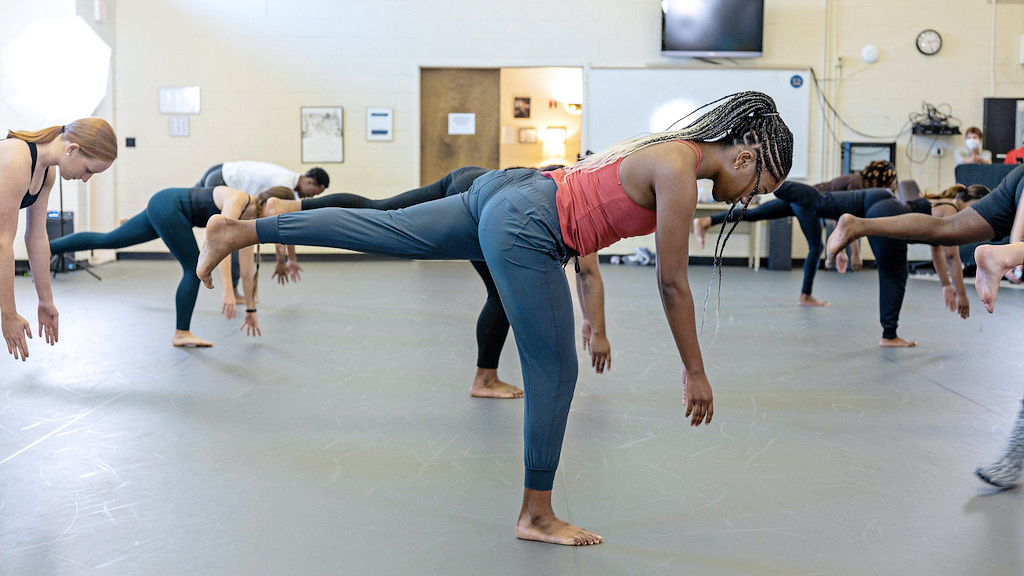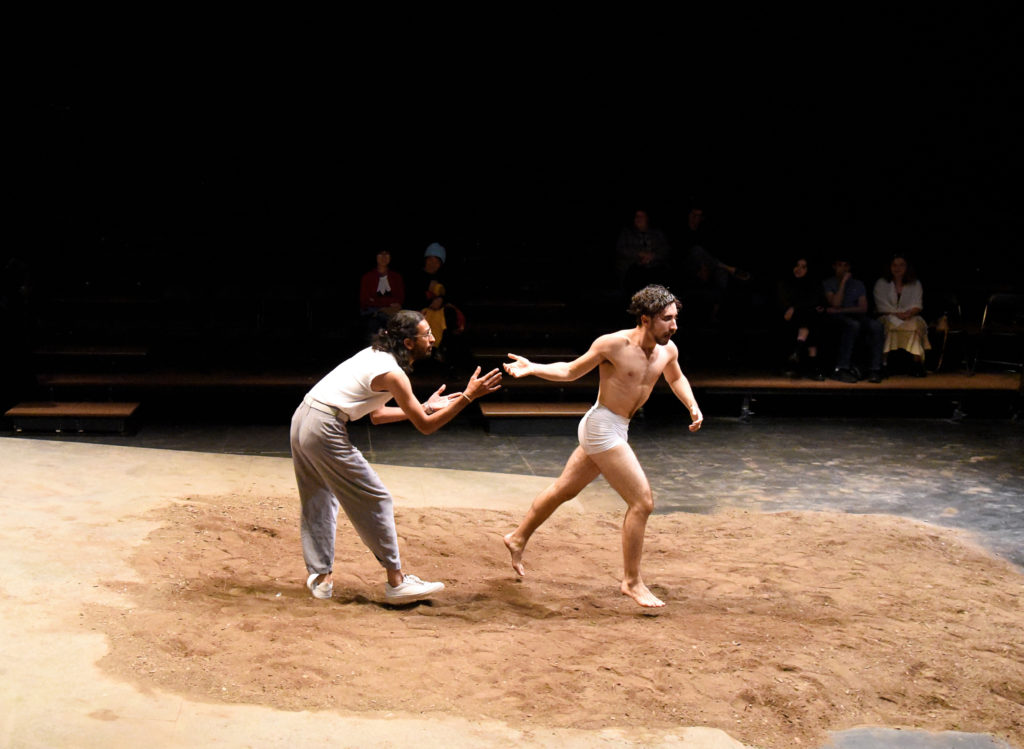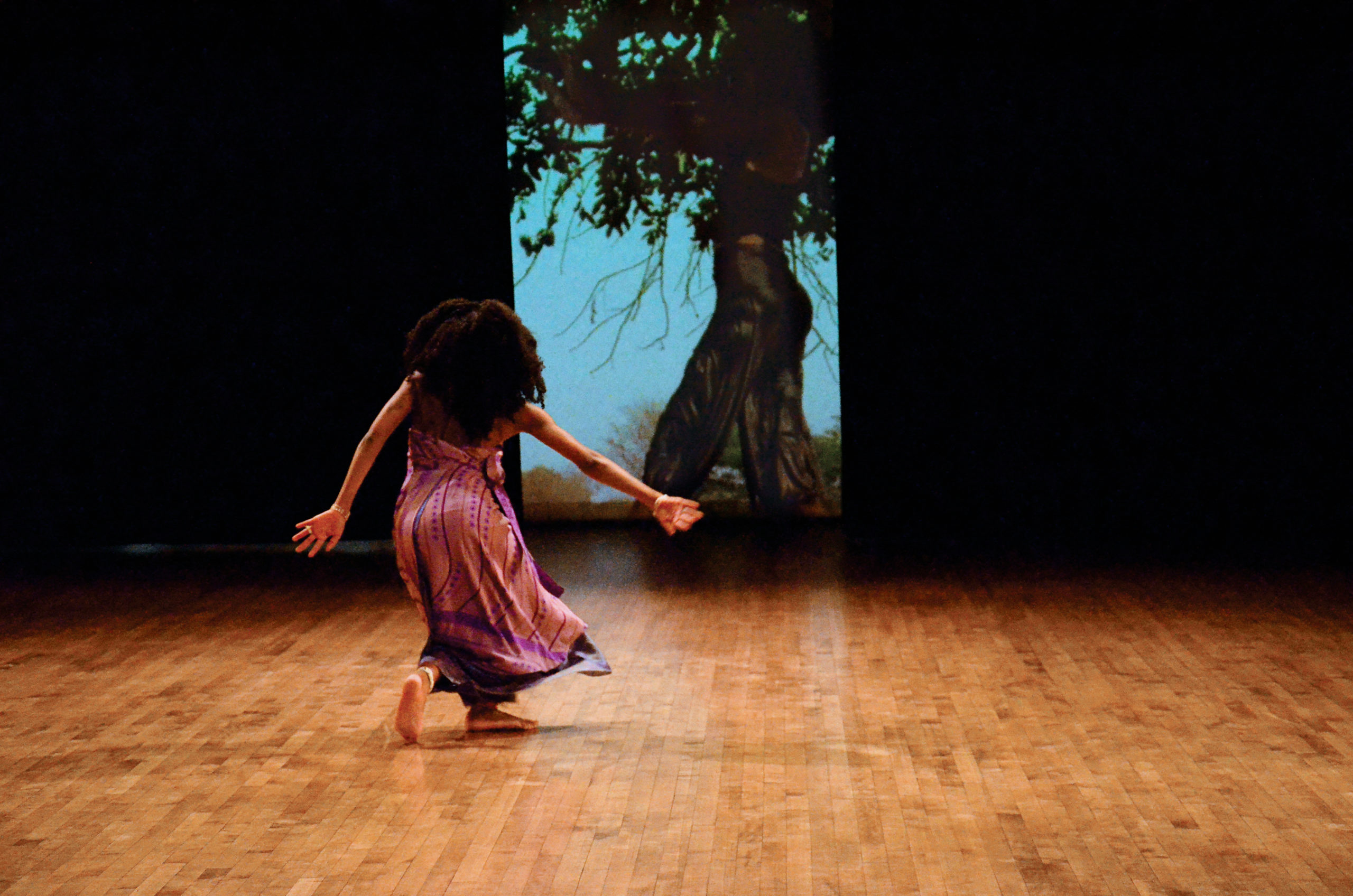Is a Smaller College Dance Program Right for You?
When David Guzman was considering where to attend school, he auditioned for many well-known dance and theater programs. He was excited to study in a conservatory environment, where the path was clearly paved—until he visited Bennington College in Vermont. “I saw a completely different take on what education could be,” says Guzman, who graduated in 2021. At Bennington, Guzman discovered the many advantages of a small program: the freedom to create his own path and build strong bonds with faculty, and unique opportunities for developing the leadership skills and individuality necessary for postgraduation life. Before you set your sights on a larger university or conservatory, consider the unique benefits smaller programs can offer.
Know Your Faculty
Faculty at smaller schools have more time to get to know each student. “It can be a more personal environment for students who feel they may need a high support situation in college,” says Meredith Sims, associate professor of dance at Coker University. With a more concentrated student-to-faculty ratio, students have more opportunities for focused attention.
Make Connections
Dance classes at Bennington can range from two to 20 students, maximum. With a more condensed class size, students can develop strong, supportive relationships with peers. “The small size really helps them feel comfortable and confident in class when you sometimes have to be vulnerable,” says Sims.
Explore Other Interests
If exploring passions outside of dance is important to you, a small school may let you pursue more opportunities with teaching, working backstage or in administrative work. “There’s just a lot more to do because we have less people to do those things,” says Sims. Bennington offers students the ability to pair multiple concentrations with dance—2021 graduate Louisa Parker, for example, concentrated in dance, sculpture and garment design. “When the group is small, there’s more freedom to further your individual experience or expression,” says Mina Nishimura, a faculty member at Bennington.
Embrace Community
Closer relationships with faculty, smaller class sizes and more opportunities to explore various interests are all contributors to developing a close-knit community of dancers. Oftentimes, students have a variety of interests within dance and beyond, which leads to more opportunities for collaboration. “The sense of competition is less because the person standing next to you in class has a different goal from you,” says Sims.
Safer During COVID-19

An unfortunate reality dancers must now consider when choosing a college program is how it might be affected by the coronavirus. In many cases, smaller programs have been able to offer more opportunities during the pandemic than larger, more densely populated schools. Bennington College and Coker University, for example, have had looser restrictions because of their small class sizes and remote locations. While following CDC guidelines, these schools have been able to continue with in-person classes and performances. “We did see it as an advantage, and I think our students did too,” says Meredith Sims, associate professor of dance at Coker. “It allowed them to still feel a sense of community because we were able to be on campus and attend class.”
Is It Right for You?

Small dance programs are for students who want to…
• Choose their own paths. “You can cultivate the ability of navigating your own journey as a dance artist, which I think is the most important skill after college,” says Mina Nishimura, a faculty member at Bennington College.
• Ask questions. “I would recommend it for curious, open-minded people who have a lot of questions and are open to different mediums of exploration,” says Bennington graduate David Guzman.
• Branch out. “People who dip their toes out of dance make their dance practice stronger and more interesting,” says Bennington graduate Louisa Parker.
• Create new projects. “We really encourage our students to work on their artistic voice and choreographic tools and try to give them lots of opportunities to do that,” says Coker University associate professor Meredith Sims.





